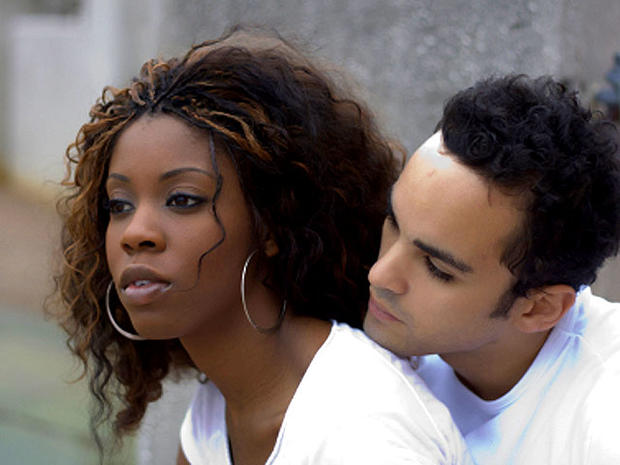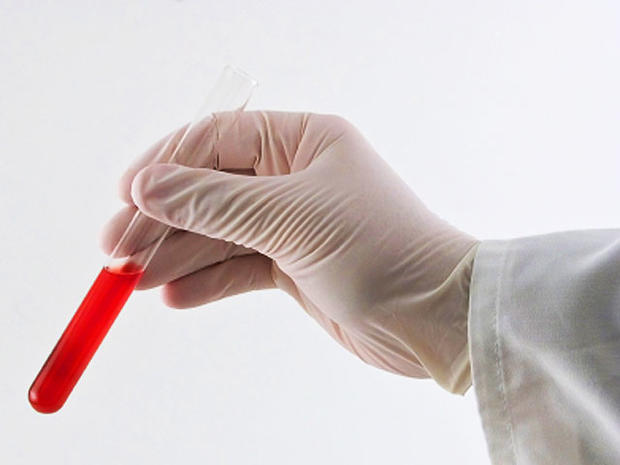National HIV testing day: 7 key questions
For people infected with HIV, the virus that causes AIDS, prompt medical care can be life-saving - for themselves and their loved ones. But a shocking 40 percent of people infected with HIV don't find out they have a problem until they come down with full-blown AIDS. Just who should be tested? How often? Keep clicking to get the answers to those and other common questions about HIV testing...
Who should be tested?
According to the CDC, anyone who answers "yes" to one of the following questions:
Have you injected drugs or steroids or shared equipment (such as needles, syringes, works) with others?
Have you had unprotected vaginal, anal, or oral sex with men who have sex with men, multiple partners, or anonymous partners?
Have you exchanged sex for drugs or money?
Have you been diagnosed with or treated for hepatitis, tuberculosis (TB), or a sexually transmitted disease (STD), like syphilis?
Have you had unprotected sex with someone who could answer yes to any of the above questions?
What about pregnant women?
The CDC urges HIV testing for all pregnant women, because "risk-based testing" misses HIV in many women who are pregnant. Testing can help women lower the risk that the virus will be passed to the baby before, during, or after birth.
How do HIV tests work?
Most tests look not for HIV itself but for antibodies to the virus. Blood tests are most common, though some tests use saliva or urine. Some tests take a few days, but so-called rapid HIV tests give results within 20 minutes. The so-called RNA tests used in some parts of the U.S. detect the virus directly - but these tests are not in widespread use.
What about false positives?
Antibodies to HIV take a while to show up, which raises the possibility that someone could test negative for HIV when they are actually infected. Most people develop detectable levels of antibodies within two to eight weeks of infection (25 days, on average), though it takes some people up to six months. For this reason, the CDC says that anyone who tests negative within three months of possible exposure should be retested more than three months after the possible exposure.
If a person tests negative for HIV, does that mean his/her sex partners are negative too?
An HIV test indicates test status of the person being tested. If you test negative, that does not mean your sex partner will. The CDC recommends asking your partner if he/she has been tested, and whether he/she has engaged in any risky behaviors. If you're not certain that you and your partner are HIV-negative, the CDC says it's best to use a latex condom each time you have sex. If either partner is allergic to latex, plastic (polyurethane) condoms can be used.
What if I test positive?
Prompt medical care can help delay health problems in people who test positive for HIV. The CDC recommends seeing a doctor who is experienced in treating AIDS. Get tested for other sexually transmitted diseases and for tuberculosis. Practice safe sex, and avoid smoking, drinking to excess, or using methamphetamine or other illegal drugs.
How does HIV spread?
Most cases of HIV/AIDS spread from person to person via sexual contact. Other possible routes of infection include blood transfusions or organ donation, getting an injection with a dirty needle (a remote possibility within the U.S.), being accidentally stuck with a dirty needle, getting a tattoo or piercing with dirty equipment, sharing a needle or other drug paraphernalia, being bitten by someone who is infected, or from mother to infant during childbirth. The CDC says HIV is not spread by air, water, tears, saliva, sweat, mosquitoes or other insects, or casual contact. Although there is a very remote possibility that HIV could spread via deep open-mouth kiss with an infected person who has bleeding gums, the CDC says closed-mouth or "social" kissing is safe.
Where can I get tested?
You can find a nearby testing site simply by plugging your zip code into the CDC's helpful site finder.








